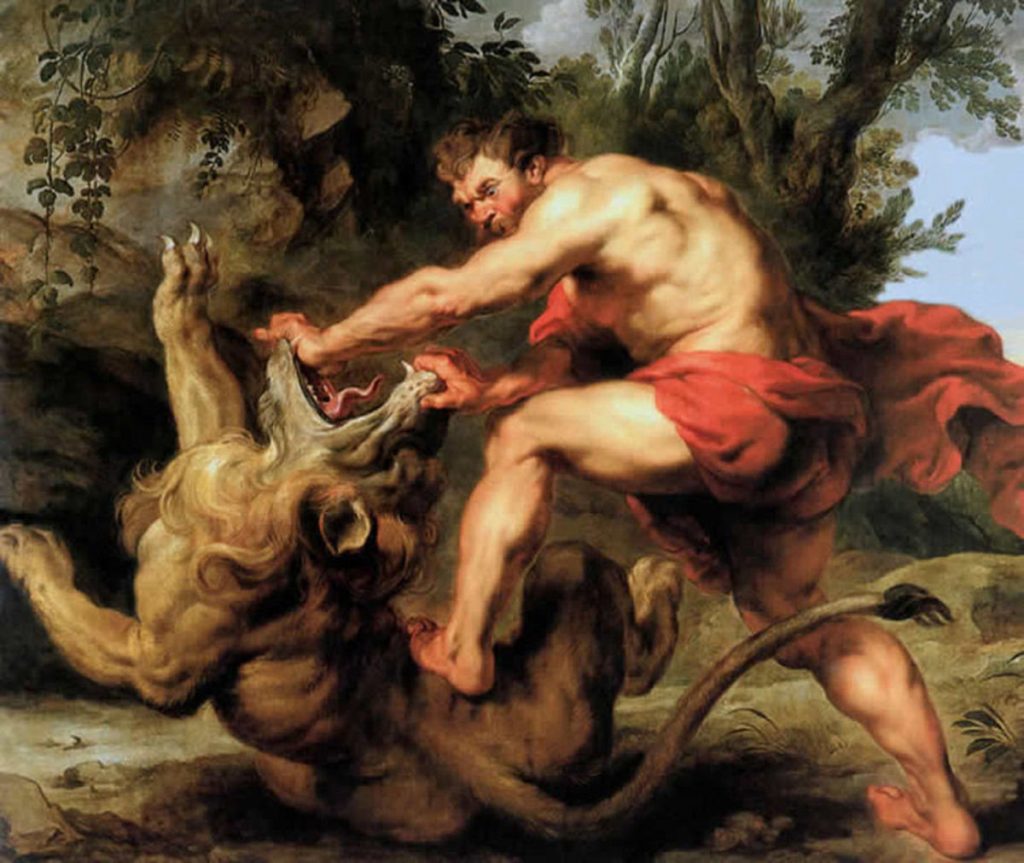edited by Kendall Carson

To conclude, whatever any coy phantasies may deem, yet it highly concerns those that have so deeply tasted, how good the Lord is, to enquire with David, What shall I render to the Lord for all his benefits to me. Psal. 116.12. He thinks nothing too great; yea, being sensible of his own disproportion to the due praises of God he cals in help.1 Oh, magnifie the Lord with me, let us exalt his Name together, Psal. 34.3 And it is but reason, that our praises should hold proportion with our prayers, and that as many hath helped together by prayer for the obtaining of his Mercy, so praises should be returned by many on this behalf; And forasmuch as not the generall but particular knowledge of things makes deepest impression upon the affections, this Narrative particularizing the several passages of this providence will nor a little conduce thereunto. And therefore holy David in order to the attainment of that end, accounts himself concerned to declare what God had done for his soul, Psal. 66.16. Come and hear, all ye that fear God, and I will declare what God hath done for my soul, i. e. for his life, see v. 9, 10.2 He holdeth our soul in life, and suffers not our feet to be moved, for thou our God hast proved us, thou hast tryed us, as silver is tryed. Life-mercies, are heart-affecting mercies, of great impression and force, to enlarge pious hearts in the praises of God, so that such know not how but to talk of Gods acts, and to speak of and publish his wonderfull works. Deep troubles, when the waters come in unto thy soul, are wont to produce vowes: vowes must be paid, It is better not vow, than vow and not to pay.3 I may say, that as none knows what it is to fight and pursue such an enemy as this, but they that have fought and pursued them: so none can imagine what it is to be captivated, and enslaved to such atheisticall proud, wild, cruel, barbarous, bruitish (in one word) diabolicall creatures as these, the worst of the heathen; nor what difficulties, hardships, hazards, sorrows, anxieties and perplexities do unavoidably wait upon such a condition, but those that have tryed it. No serious spirit then (especially knowing any thing of this Gentlewomans piety) can imagine but that the vows of God are upon her. Excuse her then if she come thus into publick, to pay those vows. Come and hear what she hath to say.
I am confident that no Friend of divine Providence will ever repent his time and pains, spent in reading over these sheets, but will judg them worth perusing again and again.
Hear Reader, you may see an instance of the Soveraignty of God, who doth what he will with his own as well as others; and who may say to him, What dost thou? Here you may see an instance of the faith and patience of the Saints, under the most heart-sinking tryals; here you may see, the promises are breasts full of consolation, when all the world besides is empty, and gives nothing but sorrow. That God is indeed the supream Lord of the world, ruling the most unruly, weakening the most cruel and salvage, granting hir People mercy in the sight of the unmercifull, curbing the lusts of the most filthy, holding the hands of the violent, delivering the prey from the mighty, and gathering together the out casts of Israel.4 Once and again you have heard, but hear you may see, that power belongeth unto God; that our God is the God of Salvation, and to him belong the issues from Death. That our God is in the Heavens, and doth what ever pleases him. Here you have Sampson Riddle5 examplified and that great promise, Rom. 8.28. verified, Out of the Eater comes forth meat, and sweetness out of the strong; The worst of evils working together for the best good. How evident is it that the Lord hath made this Gentlewoman a gainer by all this affliction, that she can say, ’tis good for her, yea better that she hath been, then that she should not have been, thus afflicted.
Oh how doth God shine forth in such things as these? Reader, if thou gettest no good by such a Declaration as this, the fault must needs be thine own. Read therefore, Peruse, Ponder, and from hence lay up something from the experience of another, against thine own turn comes, that so thou also through patience and consolation of the Scripture mayest have hope.
PER AMICAM.6
- Numbers and letters replaced by symbols in University of Michigan’s Evans Early American Imprint Digital Collection for comprehensibility using Samuel Green’s 1682 printing sourced from Archive.org.
- David of Psalms sees duty to share his fortune through God with others so that others might praise him, as Rowlandson seeks to do with her text.
- Vows in this Biblical context refer to the “practice of making vows or solemn promises to God deliberately and freely to perform some good work.”
- Hypothetical relating the “out casts of Israel” with those who are outside of the grasp of God, gathered by Him to be brought into his protection
- A riddle given by Samson of the Bible based upon personal experience which confounded thirty Phillistine guests
- Originally “ter amicum,” roughly translates to “by a friend.”
